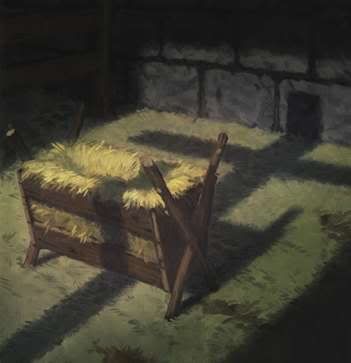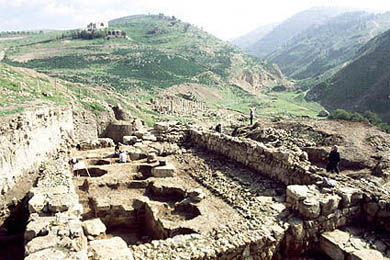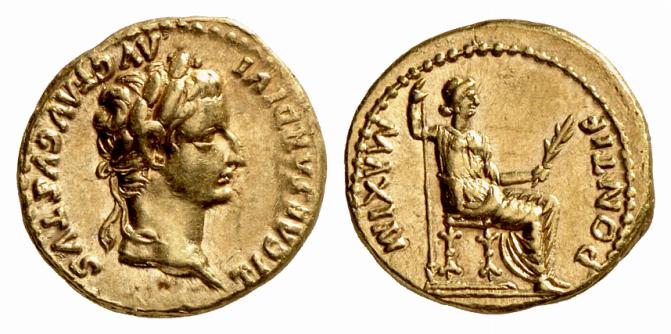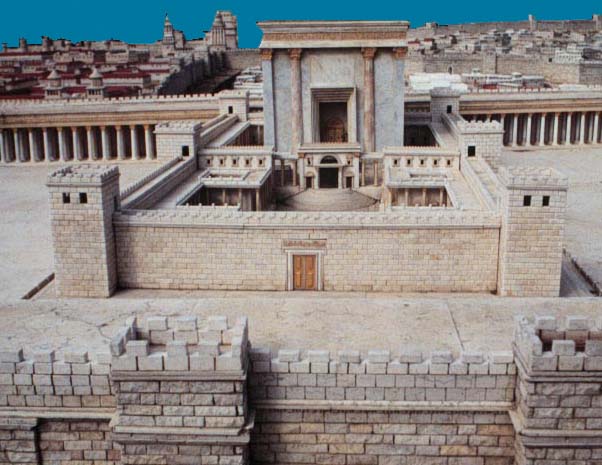As we continue our Advent series, Rediscover Christmas: Finding the True Christmas Story in Classic TV Christmas Specials, we come to the 1970 animated musical, Santa Claus is Coming to Town, directed by Jules Bass and Arthur Rankin, Jr., narrated by Fred Astaire, and with Mickey Rooney as Santa (Kris). While many will decry the "commercialization" and the "secularization" of Christmas represented by this annual TV special, I think the True story of Christmas is evident in it everywhere and needs hardly even to be pointed out.
Once again we find in the story the usual stock characters: the unreformed evil lawmaker and enforcer, Mr. Burgermeister Meisterburger, and the quickly reformed and warmed Winter Warlock. The plot is also quite familiar to us, as Mr. Kluger proceeds to explain over the course of some 48 minutes everything we've ever heard about the big fat man in the bright red suit.
More about this gift-giver extraordinaire later. For now, let's just say that gift giving has become for many of us the least True aspect of Christmas as it is celebrated today. The way we give and receive gifts may seem to us more a chore or duty than a grace, or worse, a compulsion and addiction. But for most of us, we have been programmed since early childhood (and the stories of Santa) with a gut-level understanding that Christmas is about "stuff." Stuff under the tree, stuff we give to others, stuff we bake, stuff we hand out at the office, stuff we collect, and stuff that is discarded by Easter. As Anna Quindlen put it so perceptively and succinctly in Newsweek last December, "Stuff is Not Salvation." Quindlen was writing in response to the death of a Wal-Mart shopper who was trampled on "Black Friday," the Friday after Thanksgiving (2008): her conclusion, we have "an addiction to consumption so out of control that it qualifies as a sickness."
(Image source, http://www.ashleybristowe.com/weblog/content/binary/The%20ridiculous%20loot%20pile%20-%20SM.jpg)
How do we redeem that? Is there some meaning in gift-giving and receiving that is a bit more sane, a bit less desperate, a bit less an addiction? The gifts of Christmas are too often now to us just so much stuff. Gift giving and receiving feeds our culture of incessant greed, covetousness, and acquisition. We have forgotten the real meaning of Christmas giving, so it is the True meaning of gift giving and receiving that needs more than anything else to be Rediscovered about Christmas.

(Image source, http://guiltycarnivore.com/wp-content/uploads/makenna-xmas.jpg)
First, let's discuss the theme of "giving" in today's scripture selections.
Isaiah 60:1-7
This is one of my favorite scriptures. It provides an extensive elaboration of one of the most significant aspects of the Zion Tradition, a tradition about God's choice (Psalm 78:68 and 132:13) and blessing of Jerusalem as his dwelling place, a tradition best identified with King David and his descendants. Zion is that name we use for Jerusalem when we want to speak of it in terms that are True; it is the theological name for the City of David (2 Samuel 5:7), the real counterpart to the all-too-political city, Jerusalem. According to the Zion Tradition, the fact that YHWH God has chosen to make his home there (Psalm 9:11 and 76:2) means that Jerusalem will be a place of great importance. Though the temple mount is not by any means the highest mountain in Israel, it will "be exalted" to a place of world-wide significance (Psalm 48:2) as the place where international disputes are arbitrated (Psalm 133). Zion would be an ancient U.N. or World Court of sorts (Isaiah 2:1-5), but with God as the sole judge (48:11) and lawmaker by means of his chosen representative, his "son," Israel's king, the "Great King" of all the earth (Psalm 2:6-7 and 48:2). Zion is the place where world peace moves from possibility to reality (Isaiah 2). Zion is the place from which the glory of God shines (Psalm 50:2) and can be seen near and far. It is a place to which pilgrims come (Psalm 84:5). It is a place to which tribute ["gifts"] is brought (Isaiah 18:7, Psalm 68:18, 29; 72:10; 76:11-12; 45:12). Even after Jerusalem has been destroyed by the Babylonians and the people of Judah taken captive, the True meaning of Zion's blessed estate is the refuge of Israel's prophets (Isaiah 49 and 60, Haggai 2:1-9).
The point of "gift giving" in the Zion Tradition is to make public our recognition of God's sovereignty. God is king and rules over all of life. We bring our offerings in humble recognition and acknowledgment of his Lordship and in gratitude for his blessings (which blessings are the original source of the very gifts we bring; we give him what he has first given us, we return to him what already is his).
Matthew 2:1-12
The Zion Tradition shows up in the Christmas story in the form of Magi, "wise men from the east," kings who came to Jerusalem (aka, Zion) bearing gifts.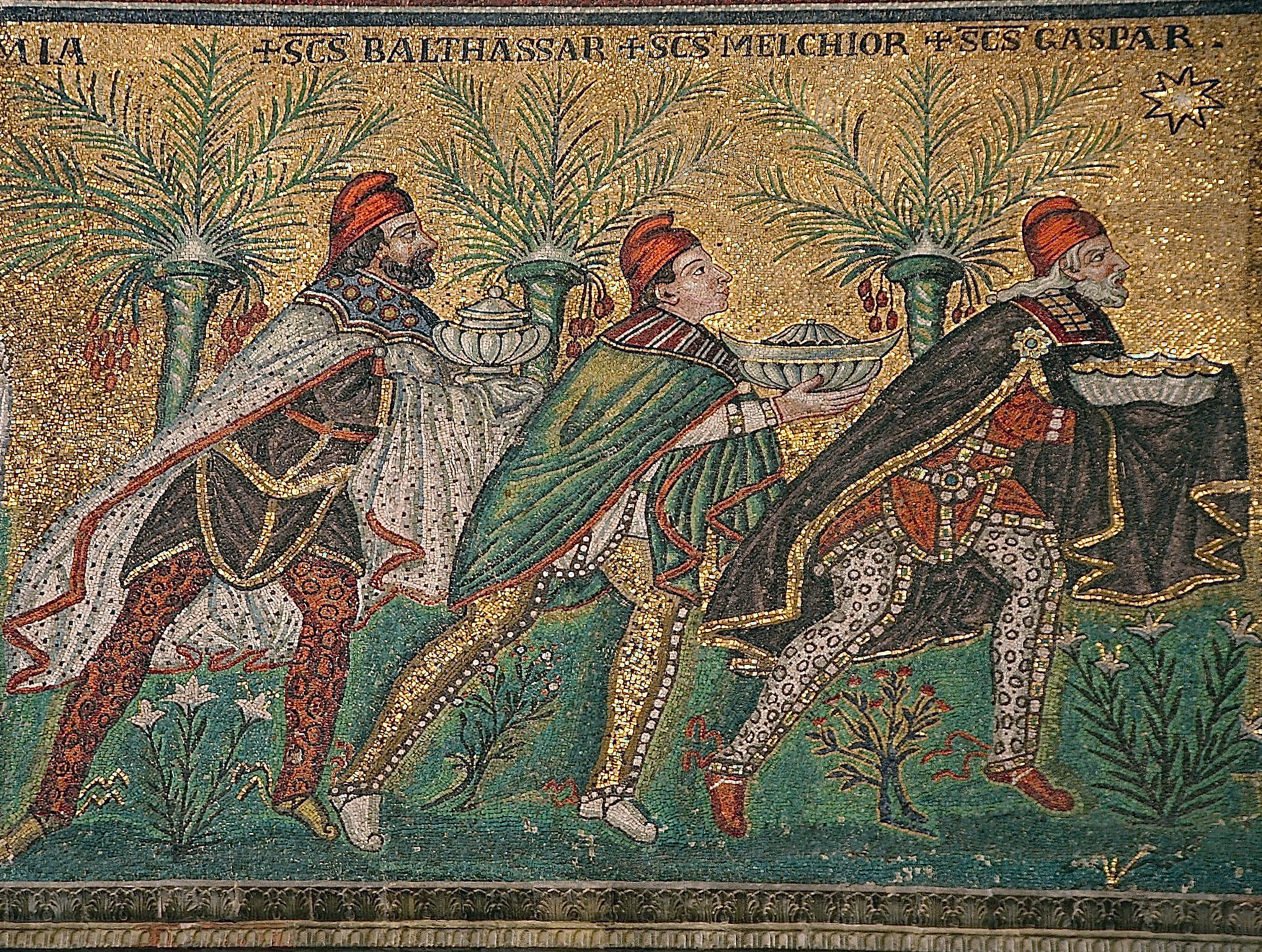
(Image source, http://commons.wikimedia.org/wiki/File:Magi_(1).jpg)
They stopped there in the big city first, but were then directed to a small, out-of-the-way place, the town or village of Bethlehem, also a "city of David," but more like the place of David's humble shepherd origins, not his later royal situation. This boy child they recognize as God's vice-regent on earth, a king, the "son" of God and they have come to "pay homage" and give tribute ("gifts"). These Magi have been led to Jerusalem by a star (the glory of the Lord shines forth from Zion), which comes to rest over the place where the boy was. Everything that Zion represented as the place where God has chosen to dwell with humankind (Immanuel, God with Us) has now been conferred on a child. Salvation, protection, redemption, the "hopes and fears of all the years" are placed here. This is the place and the one to whom we now bring our gifts. Jesus, the Christ, the baby in a manger--or the young child growing up--is now God with Us, our Immanuel. He is the source of "Peace on Earth" and good will. (In the story of the Magi, Herod plays the role of Mr. Burgermeister Meisterburger, or the Grinch, or Scrooge, the anti-hero, maker of war, etc.)
So, what does all this have to do with Santa Claus? Glad you asked. If we are to redeem some meaning in all this Christmas gift giving, we must start with our culture's gift-giver-in-chief, Mr. C himself. We have to answer that age-old question of childhood, "Do you believe in Santa Clause?" There are, of course, hundreds of other questions asked by kids when they reach 5-7 or 8 years of age: "Why does Santa come on Jesus' birthday?" "Why does he give us gifts?" "Who is Santa anyway?" (You'll find an ongoing list of questions, and the debate about how parents should respond to questions from their children about Santa, at the NYTimes this week.) Those questions are the ones with which the Rankin and Bass TV special begins, with the letters read by "Special Delivery" man Kluger (S.D. Kluger), voiced by Fred Astaire. (Perhaps it is worth noting the recent interruption and restoration of the long tradition of answering children's letters addressed to Santa Clause, North Pole.)

(Image source, http://images4.wikia.nocookie.net/christmasspecials/images/thumb/b/b2/SD_Kluger.jpg/282px-SD_Kluger.jpg)
The "point" of the TV special is to explain every detail of the Santa legend by means of a single, convoluted story plot line. But Kluger fails to explain what is perhaps the most significant detail of all, the "Clause" medallion.
(Image source, http://kathleenhalbert.com/resources/Santa.jpg)
If Kluger had bothered to notice the "Clause," the one good, glaring clue to the origin and identity of the mystery man in red, he might have made his way past the accreted traditions and myths to a "real" person, an historical, once living person, known as Niclaus, or Nicholas. Saint Nicholas, to be precise. We Protestants do not "believe in" saints, of course, at least not in the same sense as Roman Catholics do. But even we who hold to the "priesthood of all believers" do recognize that some folks like Mother Theresa of Calcutta and Pope John Paul II represent lives of sacrifice and faithfulness to which we may with benefit aspire. The problem for most of U.S. protestants is that we know little or nothing about the life of Nicholas that would lead us to see him as an example of deep faith and to try to emulate that faith. We do not know much about this once-and-future living legend, but we do know some things more than Kluger reveals. (Note: for a great web site devoted to exploring and explaining the Christian roots of Santa Clause, you cannot do better than The St. Nicholas Center. Another, much shorter and less detailed, "history of Santa" may be found at history.com.) We know, for example that he was born probably around the year 280 in the region of Lycia in Asia Minor (modern Turkey), spoke Greek, and was made bishop of Myra, a place where St. Paul stopped on his way to Rome (Acts 27). He was likely a successor, 5 or 6 generations later, of the leaders Paul would have known.
(Image source, http://lasvegasorthodox.com/images/St._Nicholas_of_Myr.jpg)
During the first part of Nicholas' ministry, it was illegal to be a Christian in the Roman empire. Nicholas was alive and active during the last and greatest persecution of Christians under Diocletian (303-313). He was also a representative to the Council of Nicaea (325), where the church declared its faith by adopting one of only two universal creeds, the one known as the Nicene Creed:
We believe in...one Lord Jesus Christ, the only-begotten Son of God, Begotten of the Father before all worlds; God of God, Light of Light. Very God of very God, Begotten, not made, Being of one substance with the Father; By whom all things were made; Who, for us men, and for our salvation, came down from heaven, And was incarnate by the Holy Ghost of the Virgin Mary, And was made man.
Nicholas believed in Jesus was our Immanuel, God with Us. Nicholas faced imprisonment and death for holding fast to such beliefs. For this faith he was willing to suffer.

(Image source, http://img2.allposters.com/images/NGSPOD/1033777.jpg)
Nicholas was remembered for his gift giving and compassion. He was a believer full of joy and generosity. The overflowing joy of his salvation expressed itself in him through the giving of secret gifts. It was said that he often left gifts where those who were most in need would be sure to find them, on the hearth, in clothes by the fireplace, in stockings left drying, in shoes at the entrance to the house. (One of the most famous is about his intervention with a dowry for young women whose families could not afford to have them marry.) He often gave money, and for that reason he is often depicted with three golden orbs.
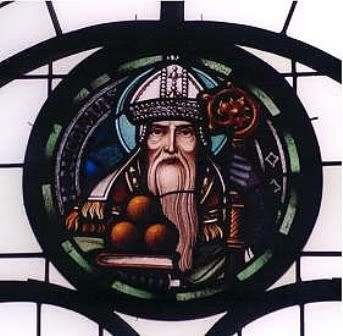
It seems that Nicholas lived life as a joyful response of faith in Christ and the Good News of salvation. The gospel was the center of Nicholas' life, so the gifts he gave were not merely gifts, they weren't just so much stuff, they were a response of praise and worship at the birth of the king.

(Image source, http://www.heqigallery.com/GALLERY%20NT%20A/images/14_the_magi.jpg)




